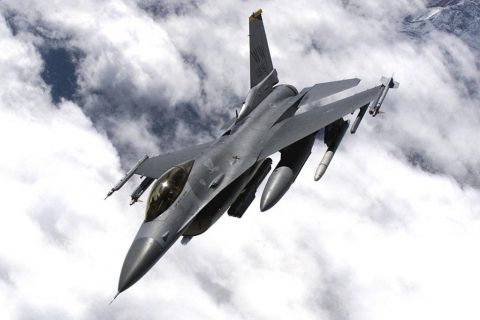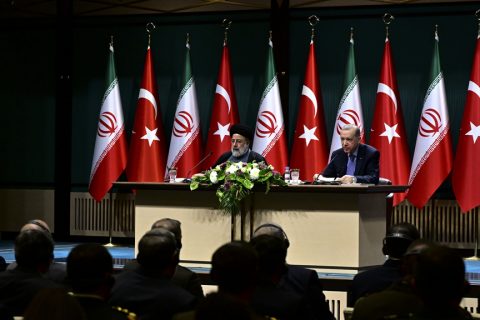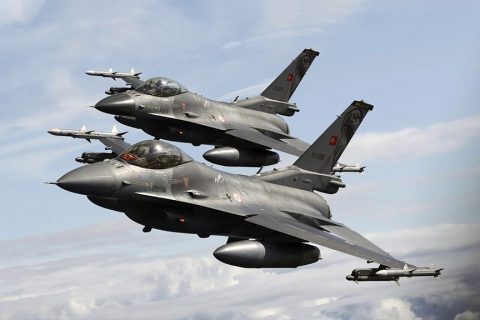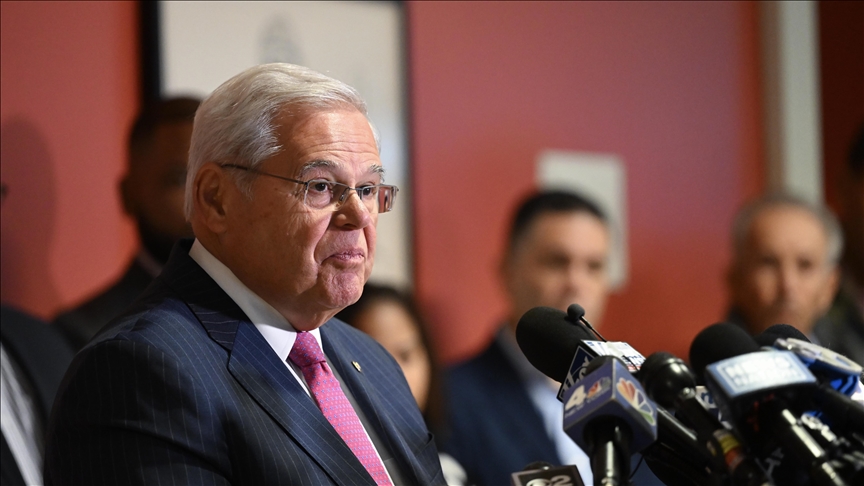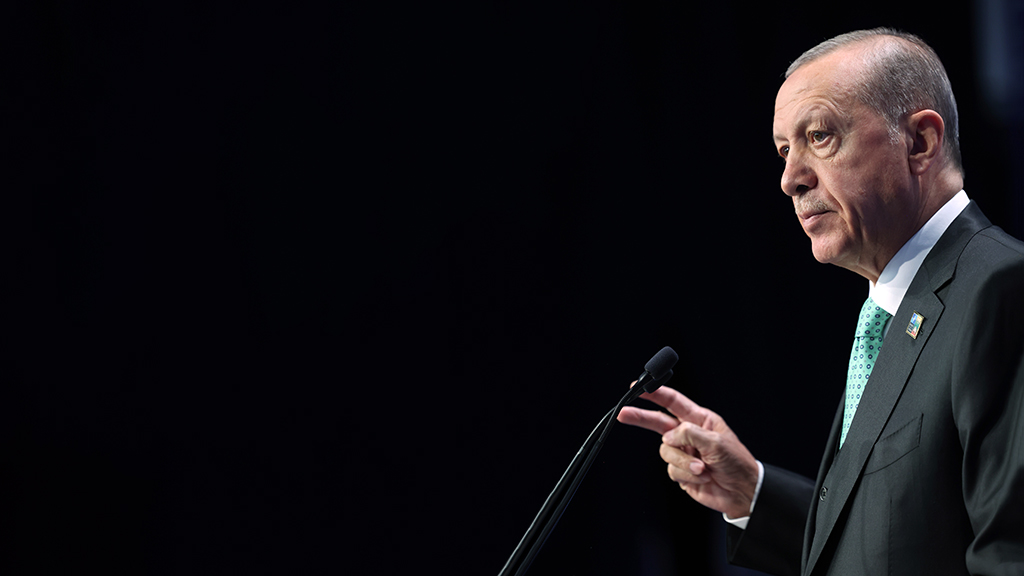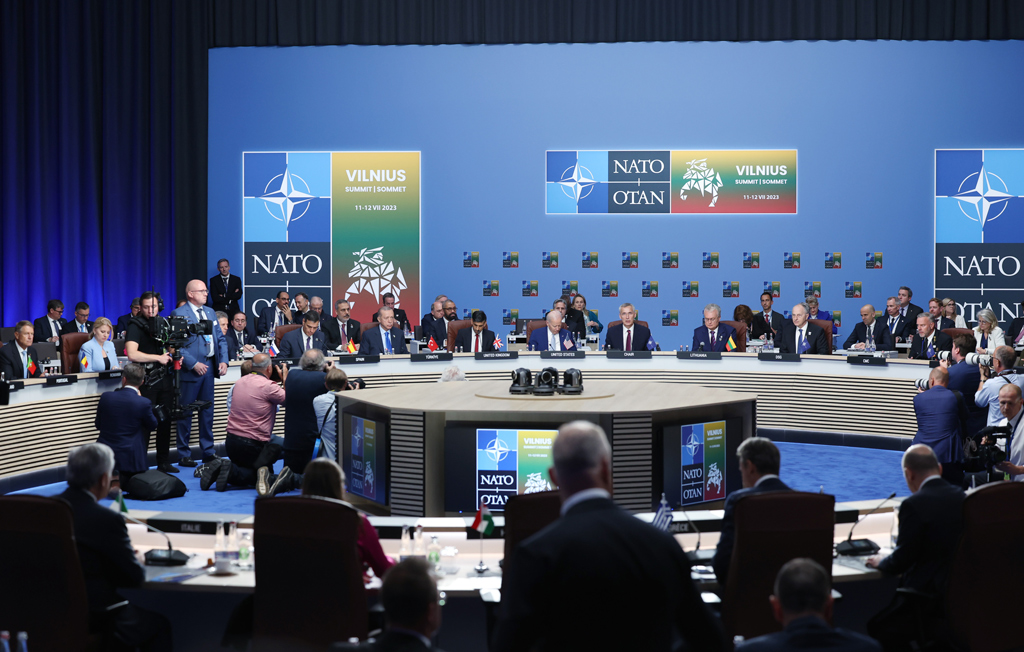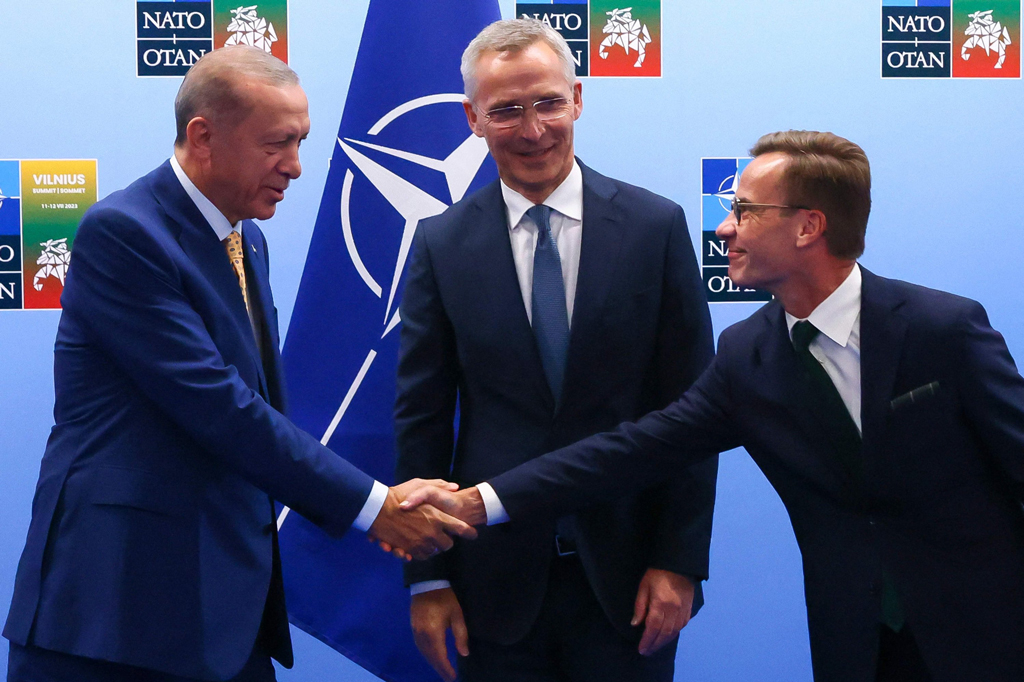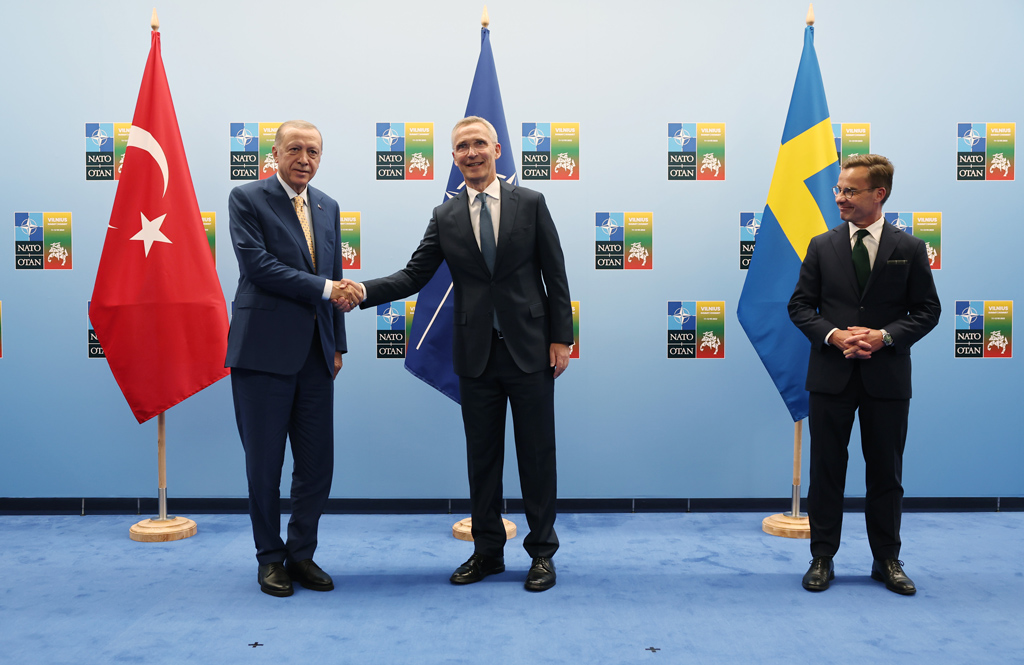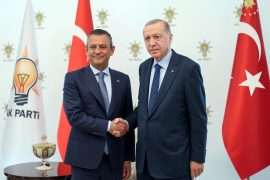Finland and Sweden Applications to Join NATO
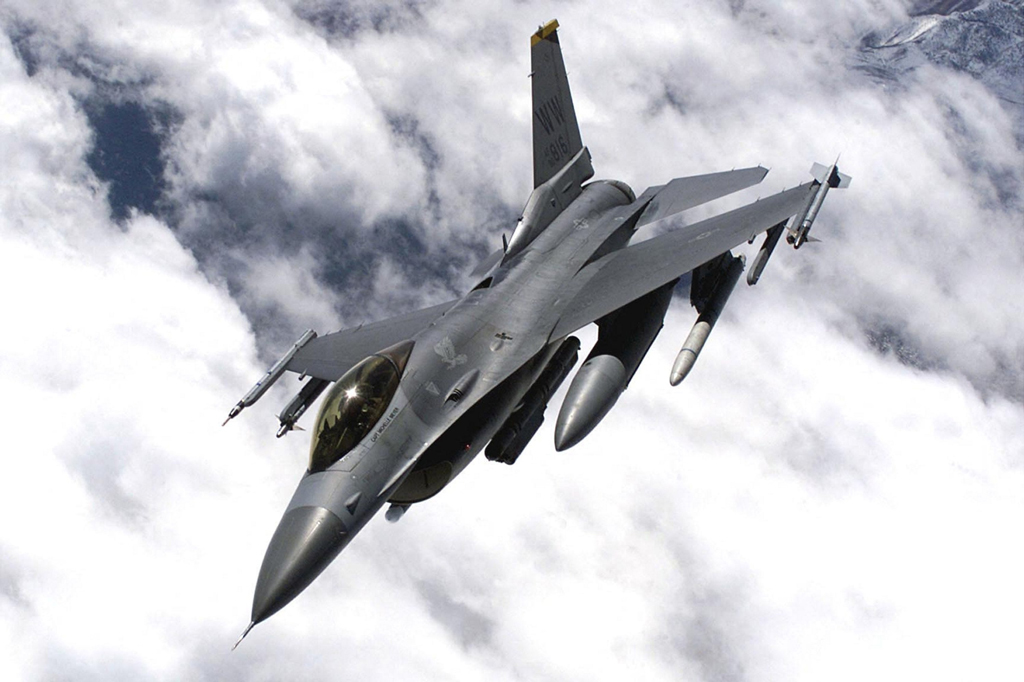
Can F-16 sales overcome Türkiye-US disputes?
| OpinionFollowing Türkiye’s ratification of Sweden’s NATO membership in the Turkish Parliament, the U.S. State Department notified …
-
Opinion
Can F-16 sales overcome Türkiye-US disputes?
By Murat YeşiltaşFollowing Türkiye’s ratification of Sweden’s NATO membership in the Turkish Parliament, the U.S. State Department notified Congress of a $23 billion (TL 698.52 billion) sale of fighter jets to Türkiye and an $8.6 billion sale of advanced F-35 fighter jets to Greece, another ally in the NATO. The sale to Türkiye includes 40 Lockheed Martin F-16s and equipment to modernize the existing fleet of 79 F-16s. Greece will receive 40 F-35 Lightning II Joint Strike Fighters and related equipment.
-
Opinion
After approval of Sweden’s NATO bid and Raisi’s visit
By Burhanettin DuranAs the municipal election campaign gained momentum with the unveiling of mayoral candidates and the fine-tuning of their campaigns, two major developments took place in foreign policy: the Turkish Parliament’s approval of Sweden’s NATO admission on Tuesday and Iranian President Ebrahim Raisi’s visit to the Turkish capital, where Türkiye and Iran signed 10 agreements.
-
Opinion
The F-16 issue and the mutual trust problem
By Kadir ÜstünAfter Sweden's NATO membership was approved in the Turkish Grand National Assembly (TBMM), reports emerged that President Biden sent a letter to Congress seeking approval for the sale of F-16s. These developments indicate that we are nearing the conclusion of the long-debated F-16 issue. If the sale goes through, it could somewhat alleviate the deep-seated distrust that has plagued Turkish-American relations for some time. This distrust has made what should have been a routine arms deal between two NATO allies such a contentious process. Overcoming this hurdle would be beneficial for both countries, but it's still too early to declare the start of a new era. The potential sale of F-16s could pave the way for a new chapter by reducing mutual distrust.
Bu Konuda Daha Fazla
-
Is the Menendez scandal an opportunity for Turkish-American relations?
By Kadir ÜstünThe political dynamics within the American Congress and the activities of lobbying groups have long been significant factors negatively impacting Turkish-American relations. Since the 1970s, Congress has constrained the broad authority of the White House in foreign policy, leading to decisions against Türkiye on issues such as Cyprus and Armenia. In recent years, Congress has extended its influence into areas like Syria and defense cooperation.
-
What’s the motive behind Erdoğan’s remarks on EU membership?
By Burhanettin DuranPresident Recep Tayyip Erdoğan started a new debate ahead of this week’s NATO Summit in Vilnius, Lithuania. Commenting on Sweden’s bid to join the Alliance, he argued that the relevant countries should “clear Türkiye’s path to European Union (EU) membership.” That statement aligned perfectly well with the readout of Erdoğan’s most recent phone call with U.S. President Joe Biden.
-
What is required for the Vilnius Summit to be...
By Kadir ÜstünThe Vilnius Summit is taking place at a time when the NATO alliance is beginning to overcome the strategic ambiguity it has experienced since the Cold War. Following the United States' declaration of a "war on global terrorism" after the September 11 attacks, NATO became involved in Afghanistan, but the alliance was unable to develop a strategy that aligned with the changing international security system. NATO's 2010 Strategic Concept document mentioned cooperation with Russia but made no reference to the threat posed by China. Failing to provide a strong response to the annexation of Crimea, the alliance suddenly found itself facing the risk of nuclear war in Europe with Russia's attempted occupation of Ukraine. This development served as a reminder of NATO's core mission and highlighted the need for a complete reassessment of Europe's security. The alliance attempted to present a comprehensive vision against Russia, China, and other global threats in its 2022 Strategic Concept document.
-
Vilnius summit: Turning point in Türkiye-West relations?
By Muhittin AtamanTürkiye and its Western allies within the NATO alliance have been passing through a tense period due to the implications of the Russian-Ukrainian War that erupted in February 2022. After Russia's invasion of Ukraine, the European countries close to Russia have perceived a threat from Moscow. Therefore, large-scale measures were taken by these countries and their allies in the West. Within this context, the NATO alliance and its enlargement policy have come to prominence.
-
Türkiye’s diplomatic activism and Vilnius summit
By Burhanettin DuranTürkiye gained the world’s attention yet again – this time, due to its diplomatic activism. Ten days before the grain deal’s expiry, President Recep Tayyip Erdoğan hosted his Ukrainian counterpart, Volodymyr Zelenskyy, in Istanbul. At the same time, diplomats and journalists continue to wonder whether Türkiye will approve Sweden’s NATO membership application ahead of the Vilnius Summit on July 11-12, 2023. Furthermore, Erdoğan is scheduled to visit the Gulf states on July 17-19 and host Egyptian President Abdel Fattah el-Sissi on July 27.
